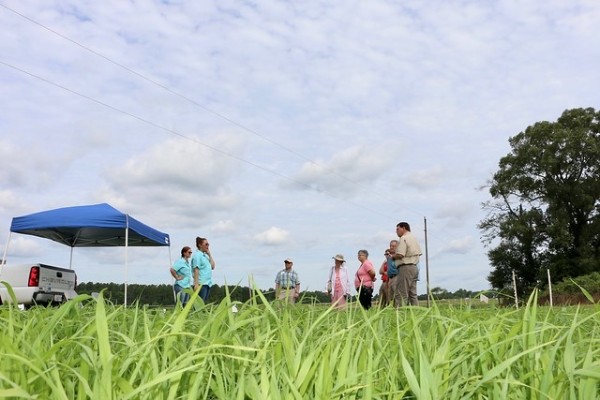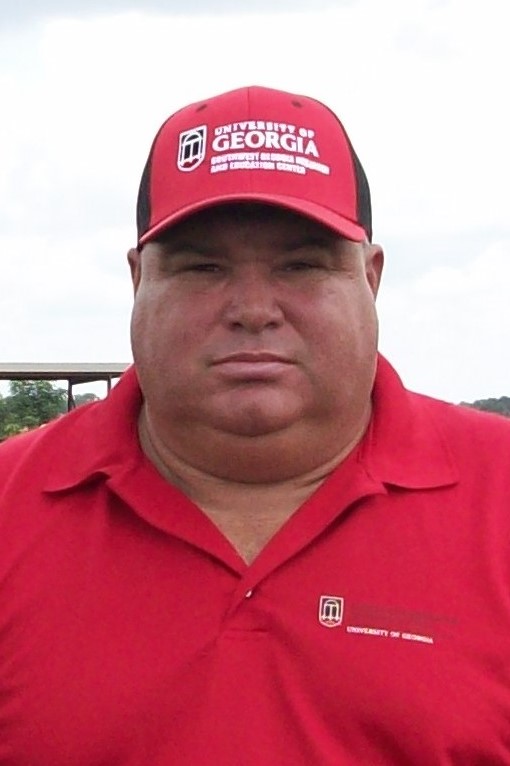Southwest Georgia Research and Education Center
108 Experiment Station Road, Plains, Georgia 31780
Our Work and Priorities
The 512-acre Southwest Georgia Research and Education Center is located near Plains, Georgia. Established in 1951, the station’s purpose was to stimulate the rural economy by helping area farmers diversify and increase crop yields in the upper coastal plain region.
The facility has heavy red clay soil that is sometimes difficult soil to farm but can be highly productive when carefully managed. Research here is geared to the 240-day growing season and an average annual rainfall of 48 inches. Current research focuses on every major row crop in south Georgia: peanuts, cotton, corn, soybeans, grain sorghum, wheat and canola. The center now has some form of irrigation on at least 90% of the cropland to maintain crops during the area’s frequent droughts.
Six full-time employees maintain research for college and USDA researchers. The employees also partner with the nearby Sumter County Extension office.


Butterfly Trail Board of Directors
The Rosalynn Carter Butterfly Trail Board of Directors recently meet at the Southwest Georgia Research and Education Center in Plains, Georgia on Friday, July 23, 2021 to discuss the Rosalynn Carter Butterfly Trail landscape project. Pictured front row: LeAnn Smith, Mrs. Rosalynn Carter; back row: Julia Snipes, Willie Maxwell, Ernest Koone, Lonnie Wise and Annette Wise.

Book signing with Rosalynn Carter
Grace Wooten with Ragan-Smith Associates, Inc of Chattanooga, Tennessee and 2016 UGA Landscape Architecture graduate (pictured right) receives a signed gardening book by Rosalynn Smith Carter. The new garden for the Rosalynn Carter Butterfly Trail will be a 1930s era garden based on Mrs. Carter memories of her childhood garden.



